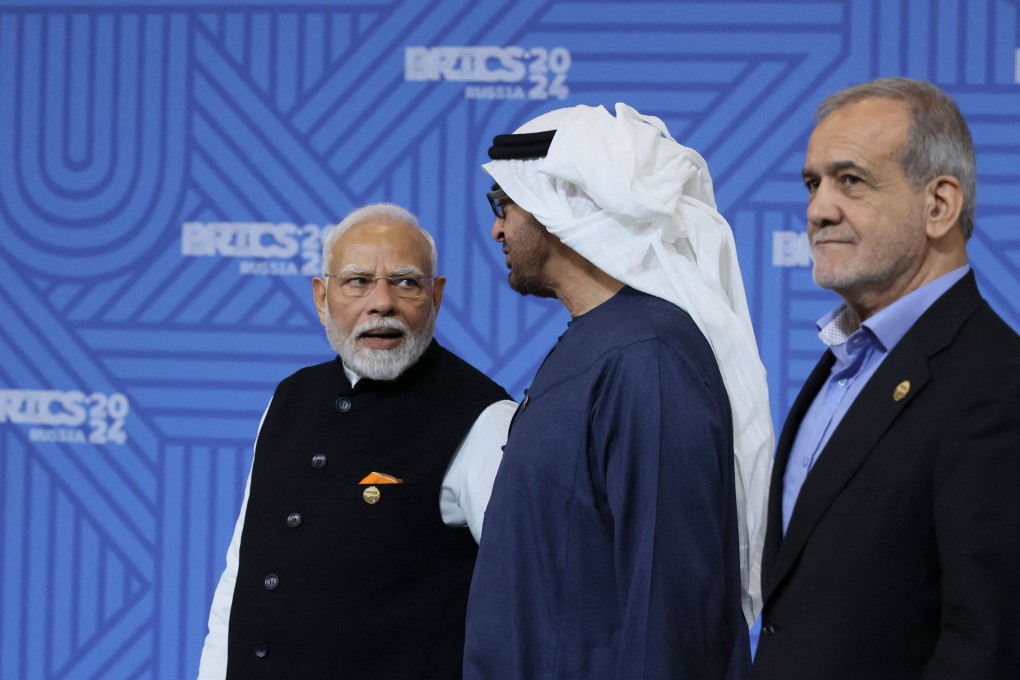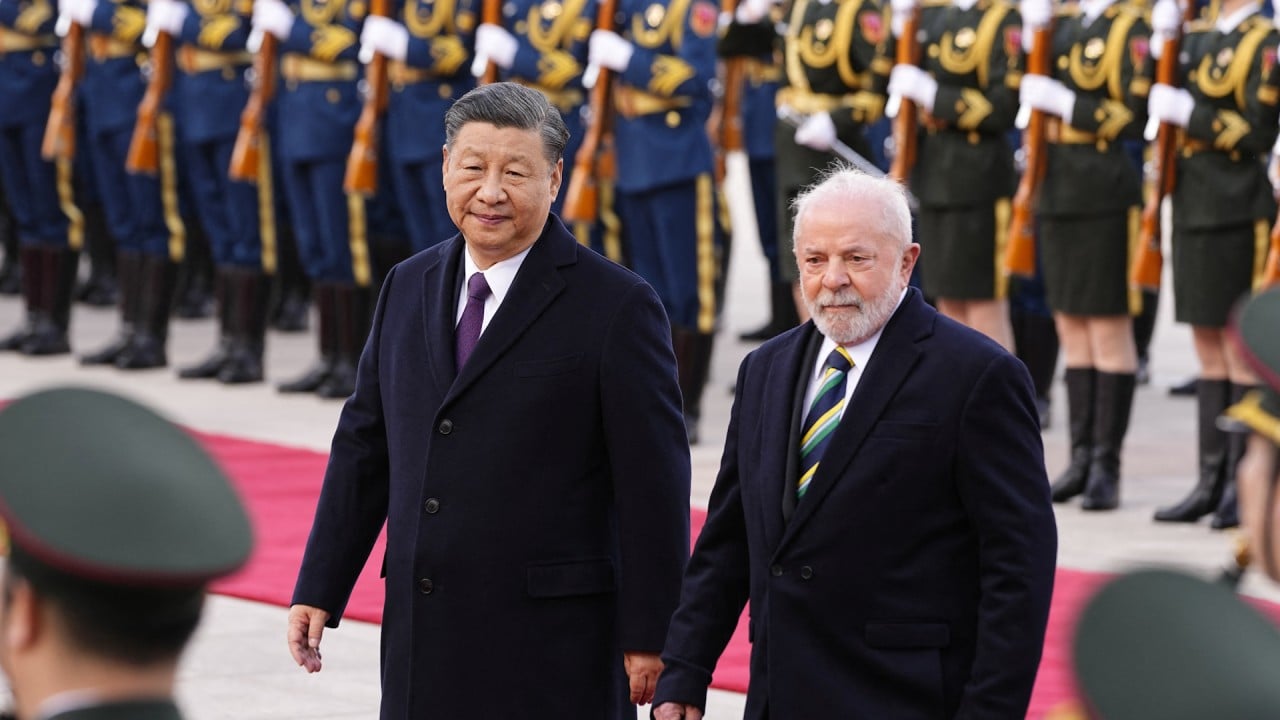Opinion | China or the US? The world need not choose a hegemon
Middle powers from India to Nigeria can lead on many pressing issues and offer a multipolar vision that doesn’t depend on superpowers

China’s rise has challenged America’s undisputed hegemony over the world economy – a status the United States has enjoyed since the Soviet Union’s collapse. While some American national-security elites seek continued US primacy, others seem resigned to an increasingly bipolar world. A more likely outcome, however, is a multipolar world where middle powers exert considerable countervailing force, thus preventing the US and China from imposing their interests on others.
Typically, these countries have distinctive foreign policies that reject clear alignment with either the US or China. Contrary to what many in the US believe, middle powers have no great affinity for China, nor do they want to cosy up to it at the expense of their relationship with the US. In fact, insofar as they have been driven closer to China, it is because of US policy. America’s weaponisation of its trade and financial might has impelled them to hedge their bets.
The leaders of middle powers do not want a world where they are forced to take sides. “We refuse to be a pawn in a new cold war,” said Joko Widodo when he was Indonesia’s president. Instead, they want to build trade and investment relationships that are multidimensional. Many believe, along with Rana Foroohar of the Financial Times, that “the US is not an anchor for stability, but rather a risk to be hedged against”.

